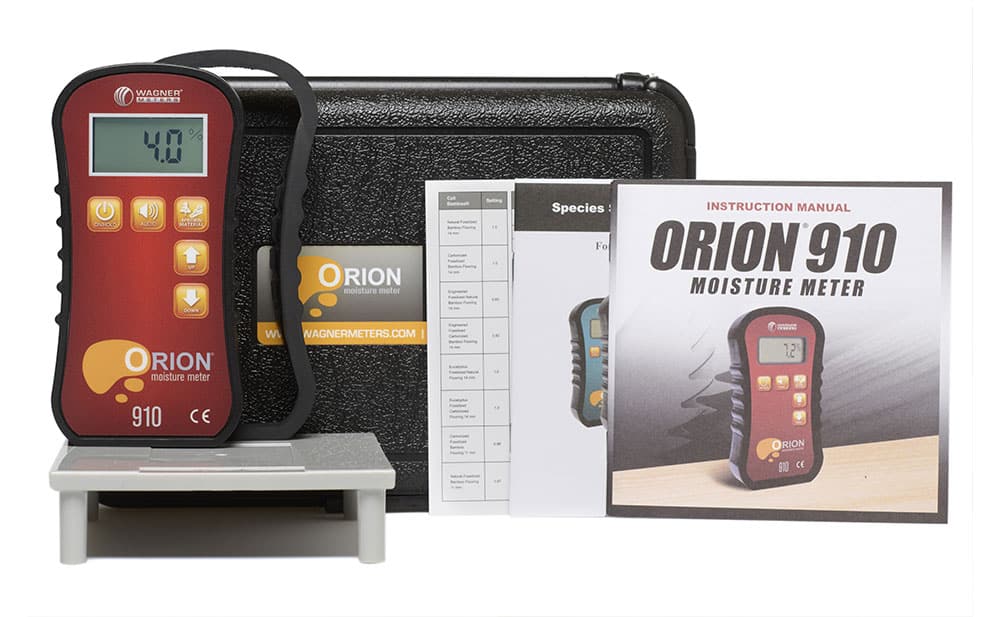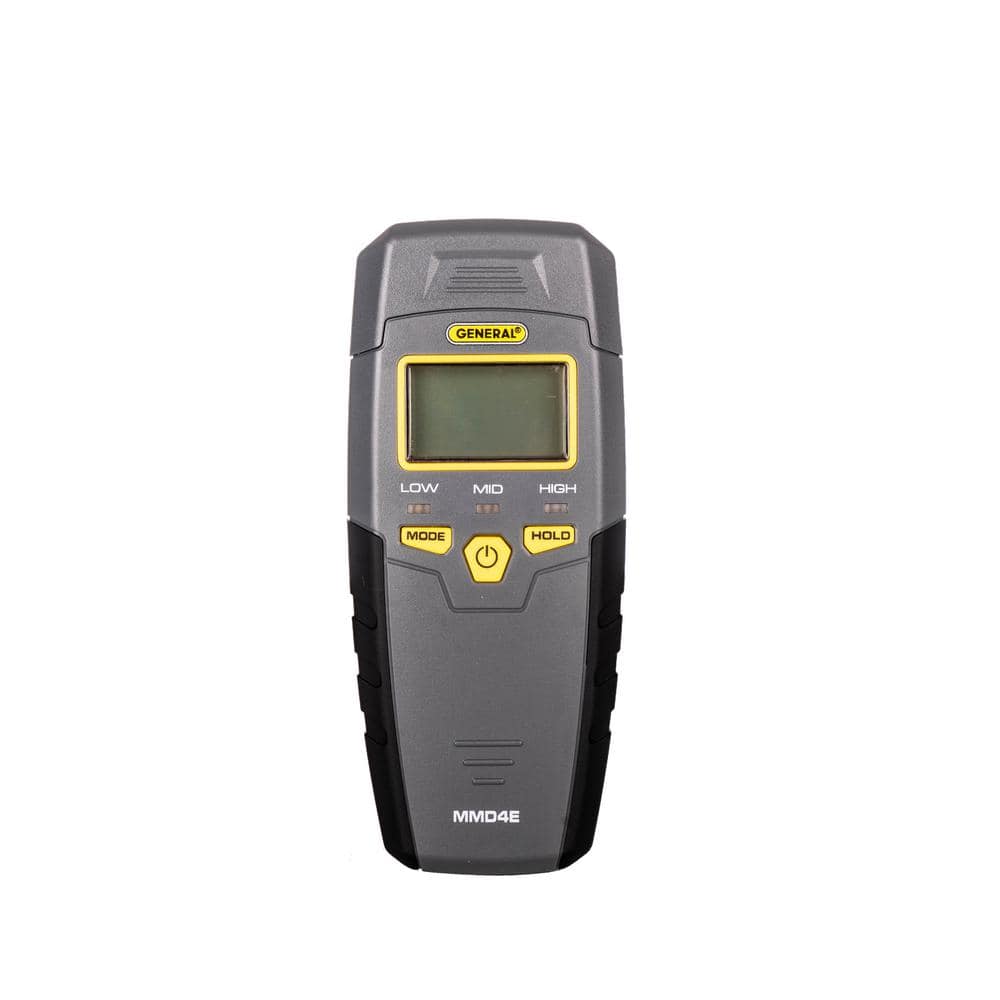The Ultimate Guide to Moisture Meters: A Comprehensive Review and How They Can Conserve You Money
In the realm of building maintenance, building, and various markets, the importance of accurately gauging moisture degrees can not be overstated. Dampness meters function as crucial devices in finding and keeping track of moisture content in products, aiding in avoiding expensive problems and ensuring the quality of items. Recognizing the subtleties of various types of dampness meters, their applications, and the possible cost-saving benefits they use can be a game-changer for specialists and companies alike. Finding how these gadgets can not just simplify processes but also add to economic savings is a trip worth embarking on.
Sorts Of Moisture Meters
Different kinds of dampness meters are offered for various applications in numerous sectors. One common kind is the pin-type moisture meter, which gauges the electrical resistance in between two pins inserted right into a material. This type is appropriate for wood, drywall, and various other building materials. Pinless wetness meters, on the various other hand, usage electromagnetic sensor plates to check a bigger area without causing damage to the material's surface area. These meters are suitable for rapidly assessing dampness levels in large areas such as walls and floors.
Moreover, there are also specialty dampness meters created for specific materials like dirt, hay, or grain. These meters provide exact wetness readings tailored to the one-of-a-kind properties of the product being evaluated. Infrared dampness meters gauge the thermal homes of a product to identify its dampness content non-invasively, making them beneficial for applications where pin or pinless meters might not be suitable. Recognizing the various kinds of dampness meters available can assist industries choose one of the most appropriate tool for their certain moisture dimension demands.

Benefits of Using Moisture Meters

Additionally, using wetness meters can lead to enhanced energy performance. By determining areas with high moisture levels, such as leaks or poor insulation, modifications can be made to enhance power preservation and lower energy expenses. In farming setups, moisture meters play a critical function in maximizing plant returns by enabling farmers to monitor dirt moisture levels and make educated irrigation decisions. Overall, the advantages of utilizing dampness meters span throughout different markets, providing economical solutions and advertising better quality assurance methods.
How to Choose the Right Moisture Meter
Selecting the proper moisture meter includes taking into consideration essential factors such as product compatibility, measurement variety, and calibration accuracy. When selecting a dampness meter, it's essential to make certain that the meter is ideal for the details product you will certainly be testing. Different products have varying electrical residential or commercial properties that can impact moisture readings, so choosing a meter developed for your material is vital for accurate results. Furthermore, consider the measurement series of the wetness meter. Ensure that the meter can identify dampness levels within the array required for your applications. Calibration precision is another vital aspect to remember (Moisture Meter). Decide for a wetness meter with trusted calibration to make sure specific and consistent analyses. Some meters might call for periodic calibration adjustments, so comprehending the calibration procedure is necessary. By very carefully evaluating these elements, you can select a moisture meter that satisfies your demands and gives precise dampness dimensions for your tasks.
Proper Techniques for Moisture Meter Use
To guarantee precise wetness readings and take full advantage of the effectiveness of a moisture meter, using proper strategies is crucial. When using a pin-type moisture meter, put the pins or probes into the material being evaluated up until they make complete get in touch with. Ensure the pins are vertical to the surface to obtain one of the most exact reading. For pinless moisture meters, hold the device flat versus the product and relocate slowly to cover the entire area read the full info here for an average analysis. It's vital to adjust the dampness meter according to the product being evaluated to enhance precision. Take multiple readings throughout the surface area and average them out for a much more dependable outcome. In addition, guarantee that the material being evaluated is adjusted to the atmosphere to avoid manipulated readings. Normal upkeep of the dampness meter, such as cleaning up the pins or sensing unit, is likewise essential to guarantee consistent and exact analyses. By following these correct strategies, individuals can depend on their dampness meter to supply reliable dampness degrees, helping in stopping costly damage or making certain quality in various applications.

Expense Cost Savings Via Moisture Meter Applications
Just how can the tactical application of wetness meters bring about considerable price financial savings across numerous industries? Dampness meters play an important duty in cost financial savings by protecting against prospective damages and ensuring quality assurance in different markets. In the farming industry, moisture meters aid in establishing the optimal time for gathering crops, protecting against over-drying this post or excess wetness that can affect the end product's quality. This accurate monitoring assists farmers stay clear of unneeded losses and optimize their return.

In addition, in the food processing market, moisture meters are vital for keeping an eye on item high quality and making sure compliance with security guidelines. By properly determining wetness material in food, producers can prevent spoilage, maintain quality, and reduce waste, causing considerable price financial savings. Overall, the critical application of wetness meters is a beneficial financial investment that can bring about significant cost reductions and enhanced effectiveness across various sectors.
Verdict
To conclude, moisture meters are valuable devices for identifying and determining dampness levels in various products. By utilizing the ideal dampness meter and adhering to correct methods, customers can successfully avoid pricey damages caused by excess dampness. Investing in a top quality wetness meter can bring about considerable cost savings in the future by identifying possible issues beforehand and enabling punctual remediation. Eventually, moisture meters are essential tools for maintaining the stability and long life of products and structures.
Dampness meters offer as vital devices in detecting and keeping an eye on moisture web content in materials, assisting in preventing costly damages and guaranteeing the high quality of items. Infrared dampness meters gauge the thermal homes of a material to establish its dampness content non-invasively, making them useful for applications where pin or pinless meters may not be suitable.Moisture meters offer indispensable advantages in go to these guys accurately evaluating and keeping track of wetness levels in diverse materials and settings. In farming settings, moisture meters play an essential role in optimizing plant returns by making it possible for farmers to monitor soil moisture degrees and make educated irrigation decisions.In conclusion, dampness meters are beneficial devices for finding and gauging wetness levels in various products.
 Mara Wilson Then & Now!
Mara Wilson Then & Now! Ross Bagley Then & Now!
Ross Bagley Then & Now! Talia Balsam Then & Now!
Talia Balsam Then & Now! Bill Murray Then & Now!
Bill Murray Then & Now! Morgan Fairchild Then & Now!
Morgan Fairchild Then & Now!